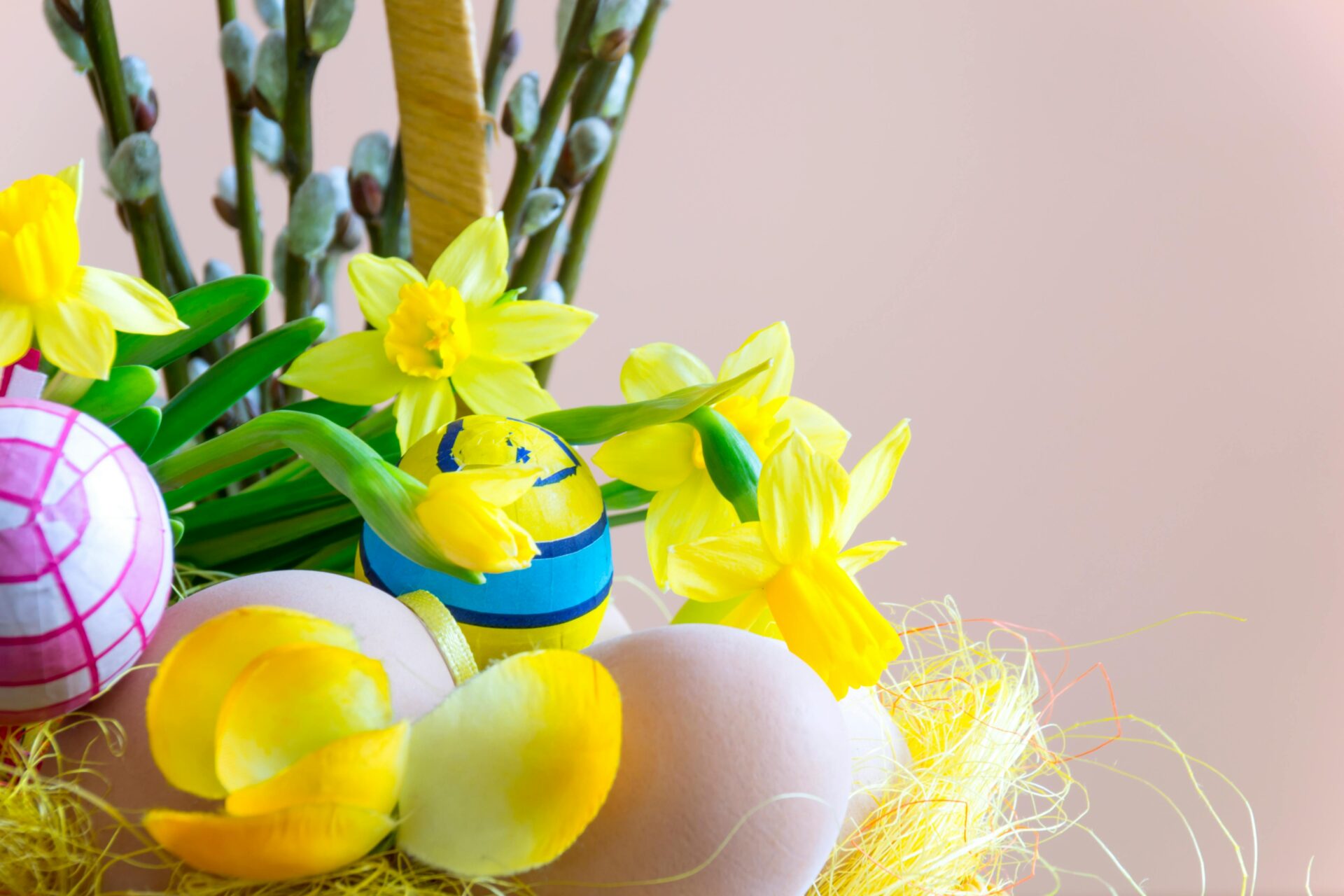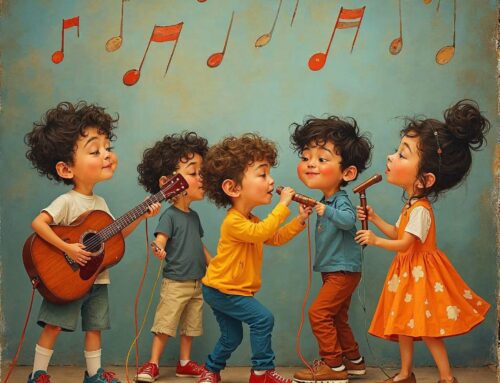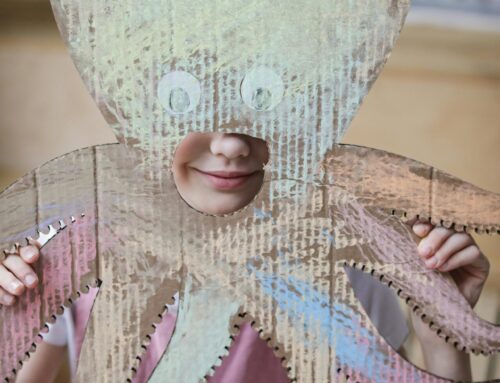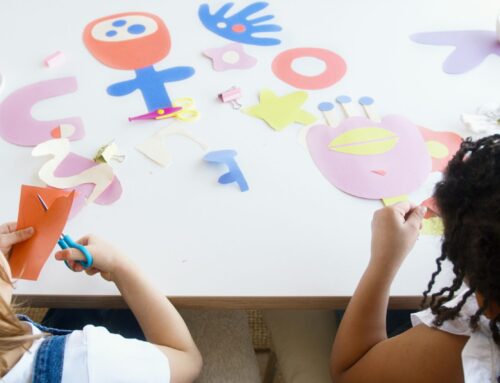Easter, celebrated by millions worldwide, commemorates the resurrection of Jesus Christ. Over centuries, it has evolved by blending Christian beliefs with ancient traditions, resulting in the rich tapestry of customs we observe today.
Origins of Easter
The term “Easter” is believed to derive from Ēostre, an Anglo-Saxon goddess associated with spring and fertility. This connection underscores the festival’s ties to themes of rebirth and renewal. However, in many cultures, the celebration retains its original association with Passover; for instance, in Greek, Easter is called “Pascha,” reflecting its roots in the Jewish festival commemorating the Exodus from Egypt.
Christian Significance
For Christians, Easter is the culmination of Holy Week, marking Jesus Christ’s crucifixion and subsequent resurrection. This pivotal event symbolises hope, renewal, and the promise of eternal life. The date of Easter varies annually, determined as the first Sunday after the first full moon following the vernal equinox, a method established by the First Council of Nicaea in 325 AD.
Evolution of Traditions
Many Easter customs have pre-Christian origins. The egg, for instance, has long been a symbol of new life and rebirth. Early Christians in Mesopotamia dyed eggs red to represent the blood of Christ, a practice that evolved into the modern tradition of decorating eggs.
Similarly, the Easter Bunny, introduced to America by German immigrants in the 1700s, originates from pagan symbols of fertility, as rabbits are known for their prolific breeding.
Global Celebrations
Easter customs vary around the world:
- United States: Children participate in egg hunts and receive baskets filled with treats from the Easter Bunny.
- United Kingdom: Egg rolling competitions are popular, symbolising the rolling away of the stone from Jesus’s tomb.
- Australia: Given rabbits are considered pests, the Easter Bilby—a native marsupial—delivers eggs instead.
- Sweden: Children dress as “Easter witches,” visiting homes in exchange for treats, a tradition reminiscent of Halloween.
Easter’s rich history is a testament to humanity’s ability to blend diverse traditions, creating a celebration that honours both ancient customs and profound spiritual beliefs. Whether through religious observance or cultural festivities, Easter continues to symbolise renewal, hope, and the enduring human spirit.






